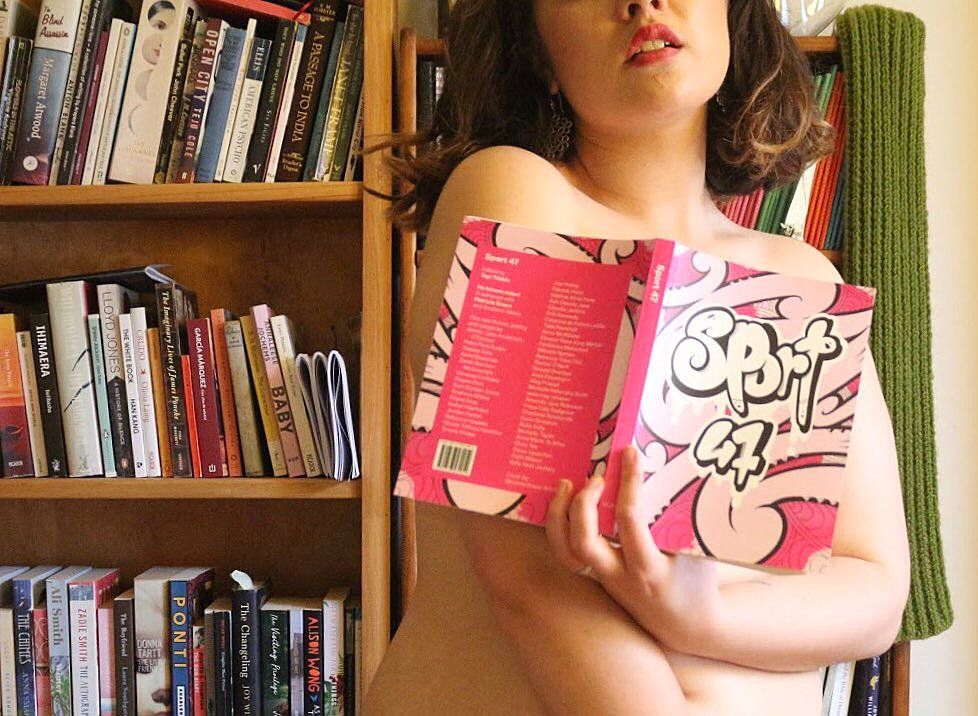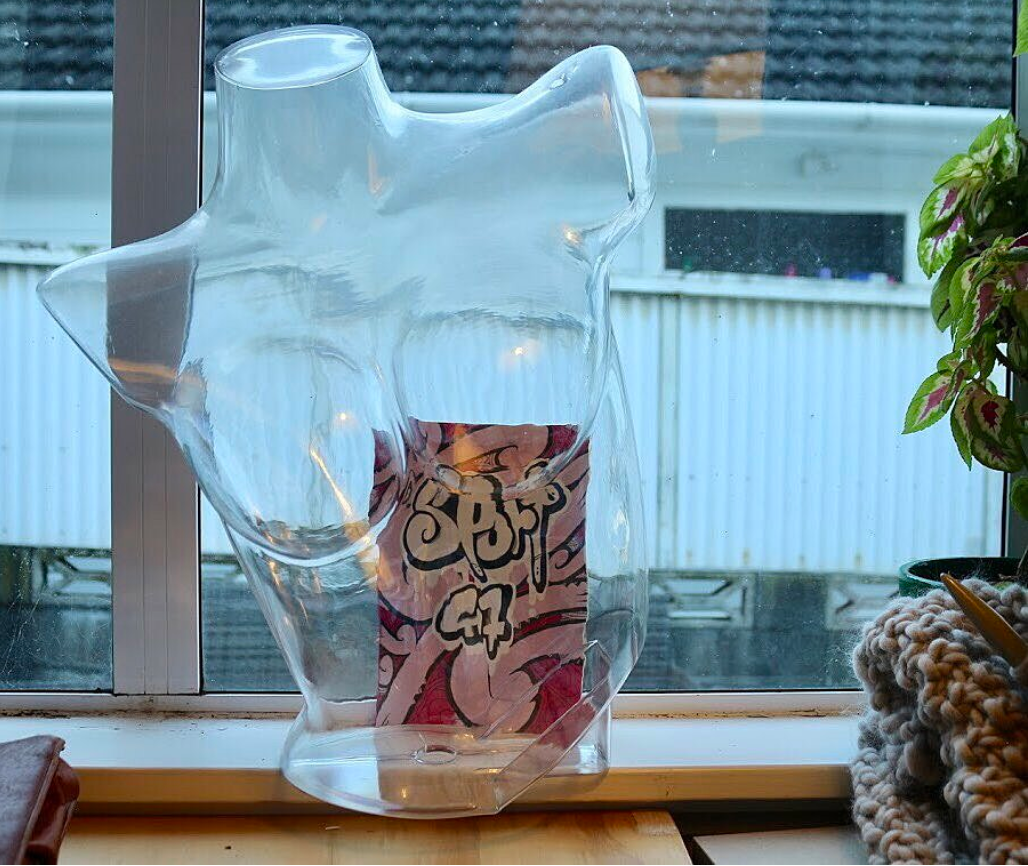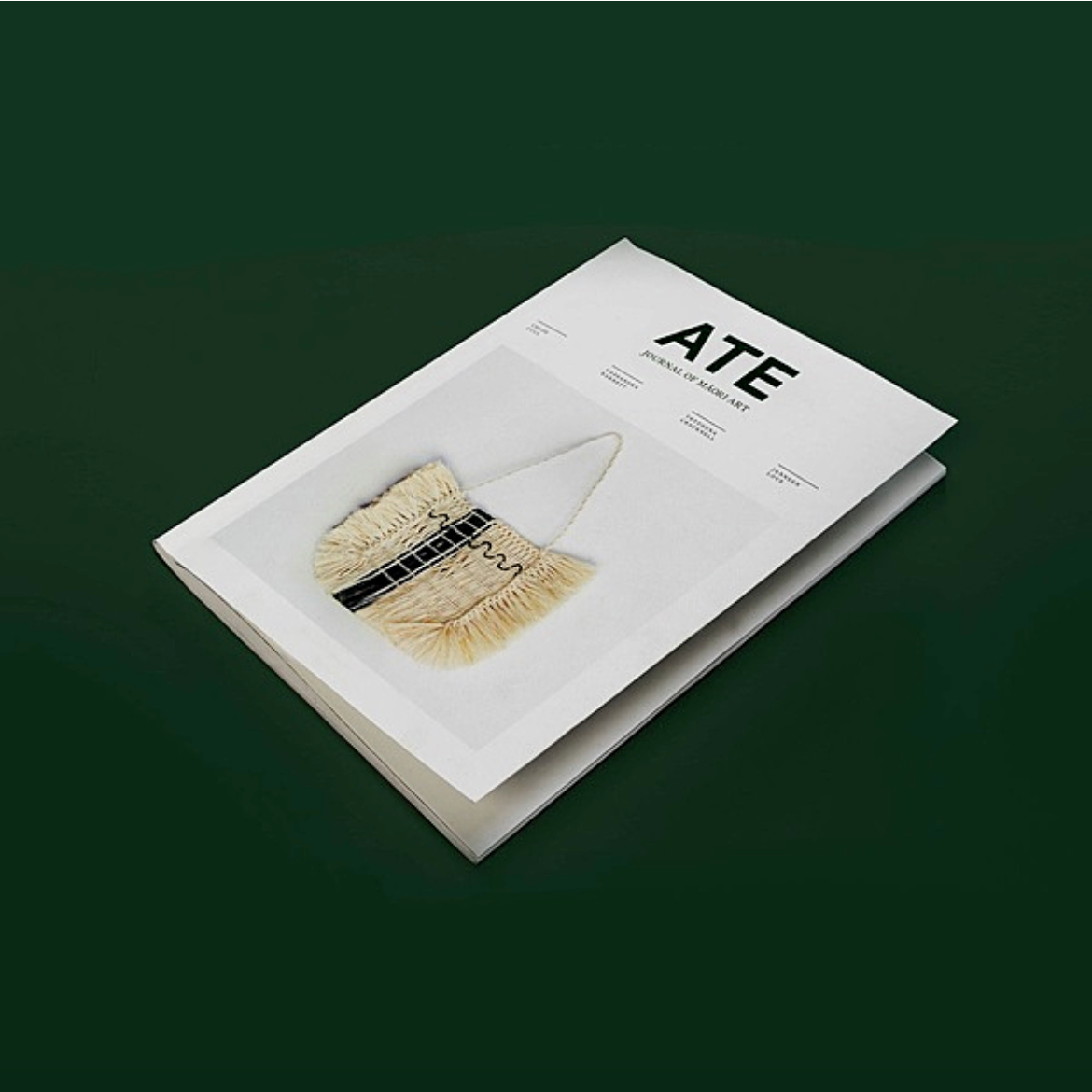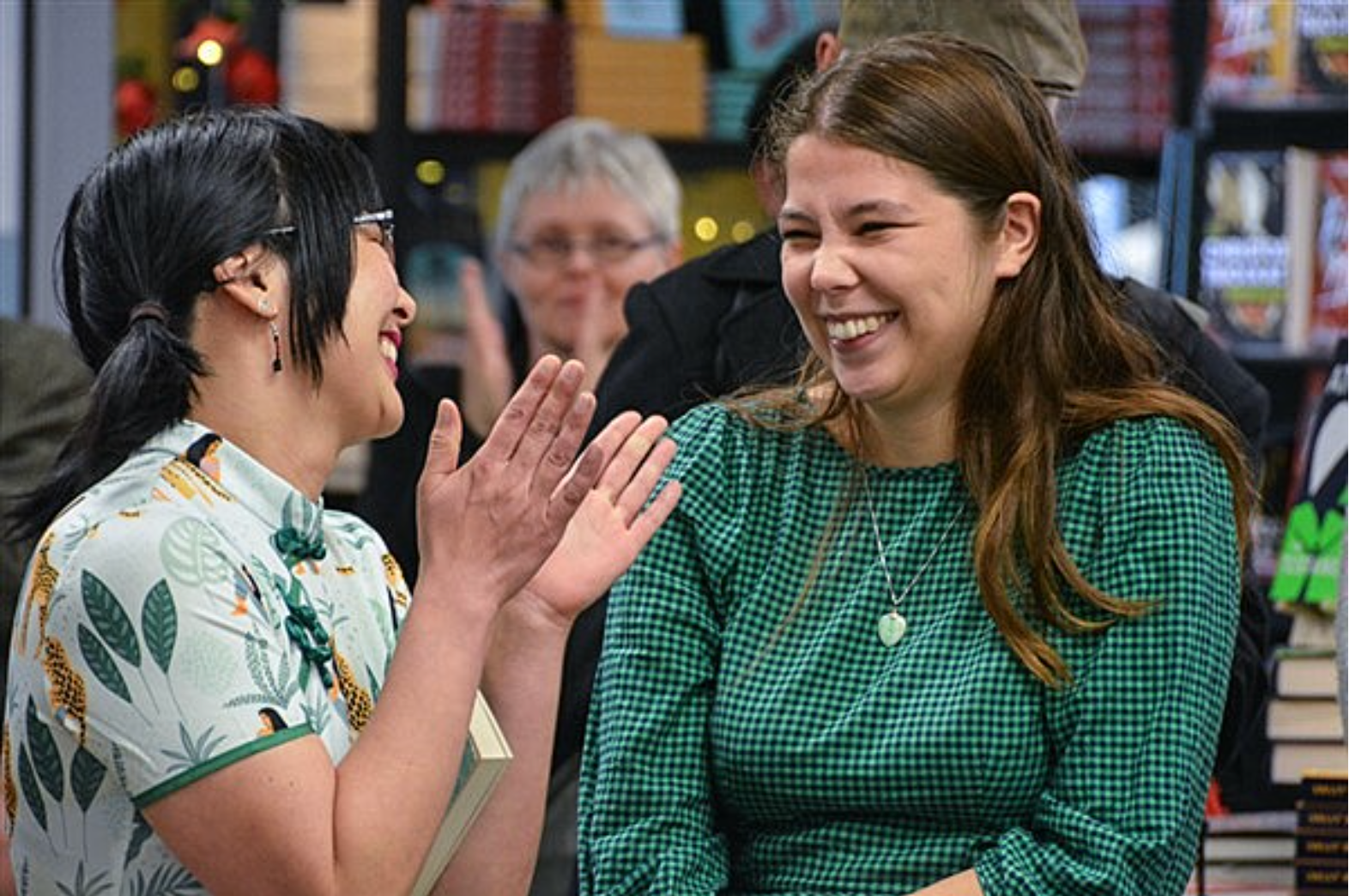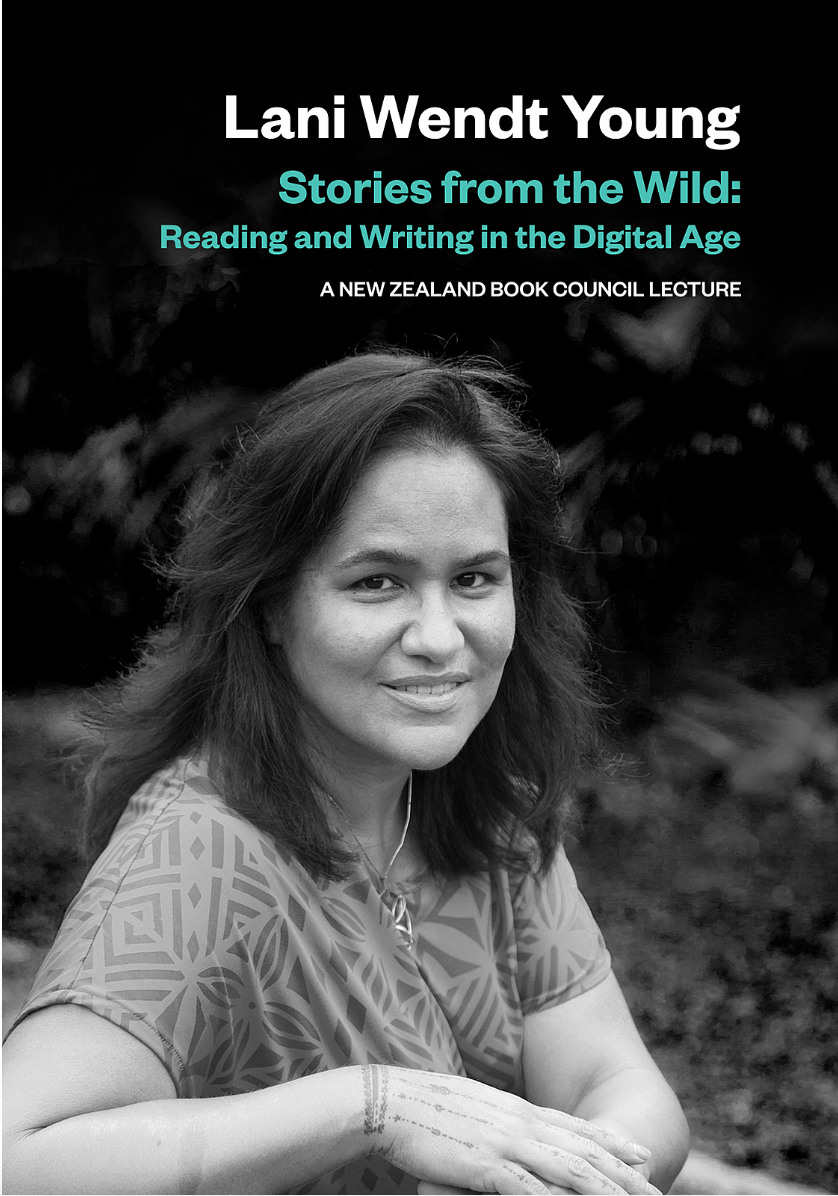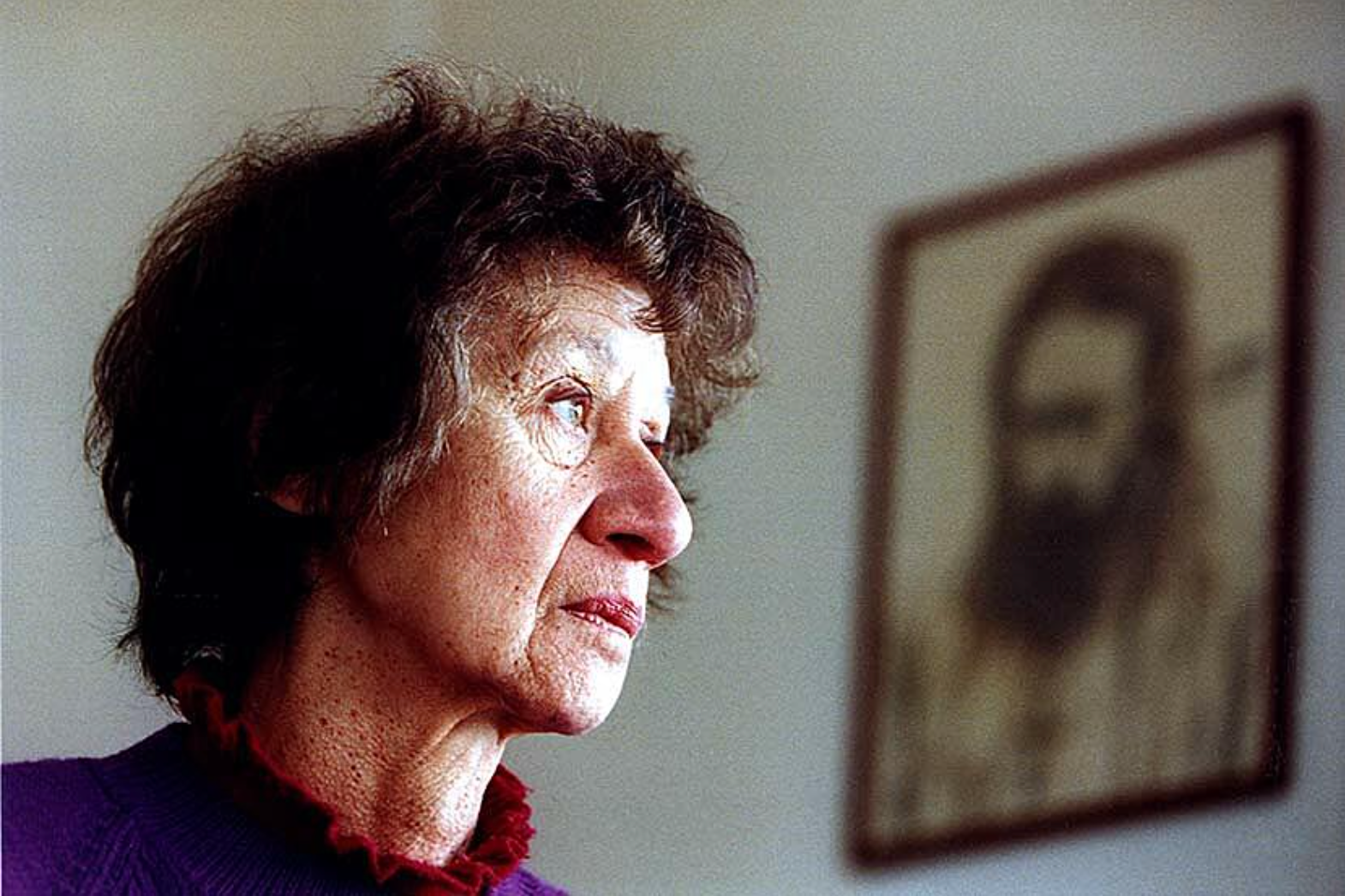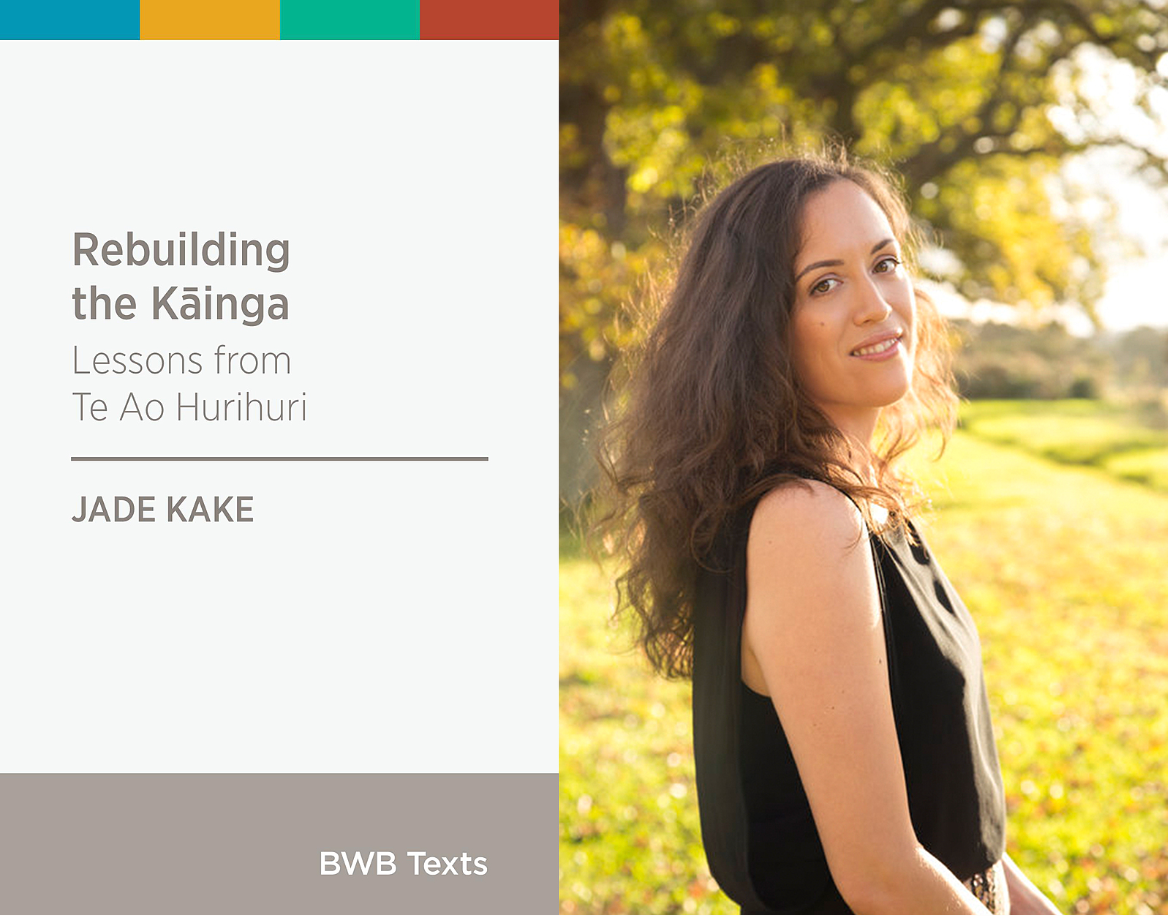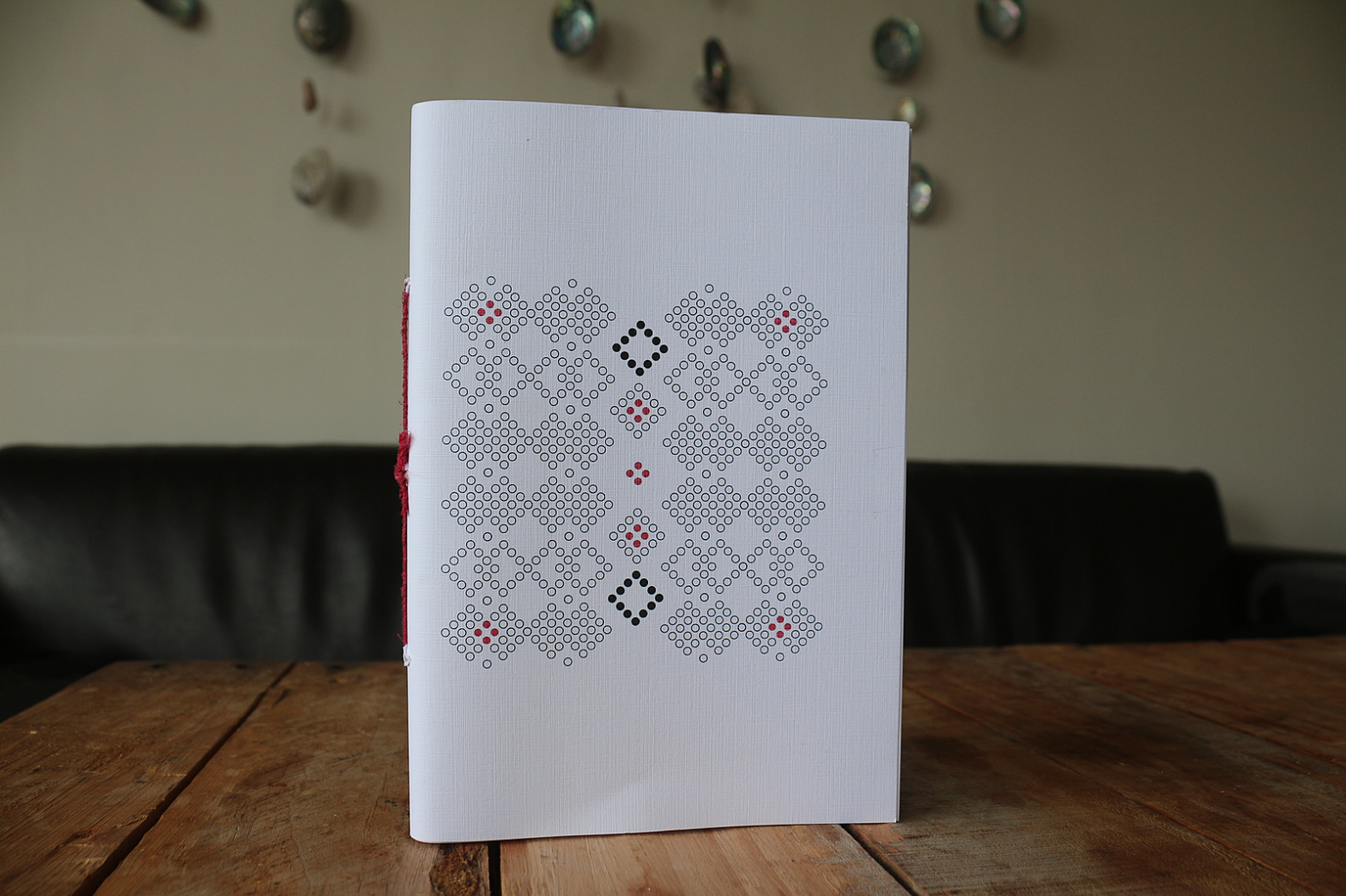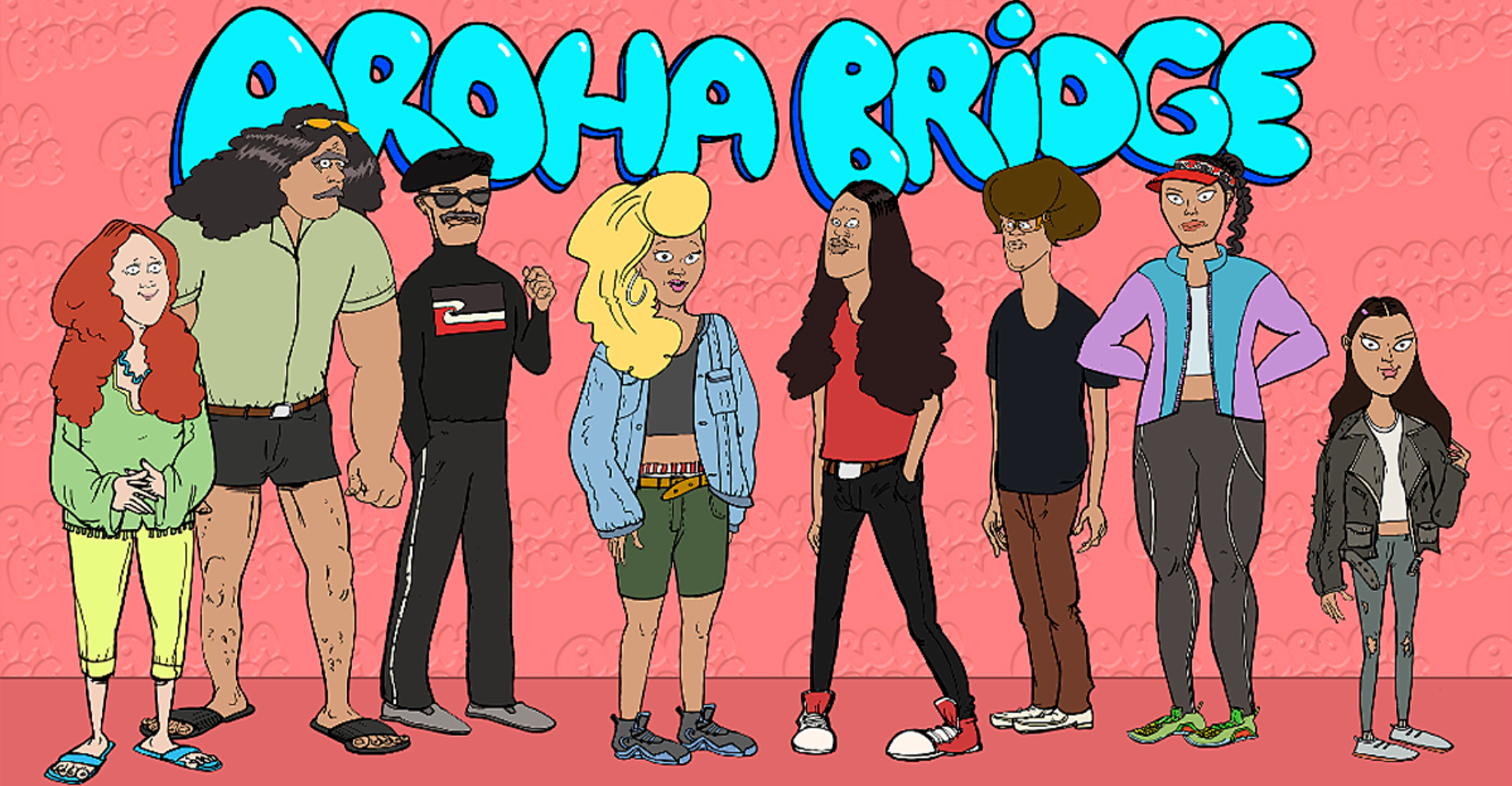Ten Moments in Aotearoa Literature 2019
We look back on the highs, lows and memorable moments of the year in literature.
Pantograph Punch editors Ataria Sharman, Faith Wilson and Hannah Newport-Watson look back on the highs, lows and memorable moments of the year in literature.
Everyone got their tits out for Sport 47, the hot girl accessory of the summer
First of all, I just have to say, I have a poem in Sport 47 and I know you’re not really supposed to review your own work so I’m gonna focus on the other writers’ stuff and just say that you can read my poem on page 183.
I should probably write an essay on why this is an iconic edition of Sport – not only is it edited by our very own staff writer Tayi Tibble – but it’s the brownest edition of Sport you’ve ever read and will probably ever read. The content covers subject matter from zodiac compatibility, Shortland Street, Kourtney Kardashian’s lifestyle website ‘Poosh’, love, and lots of hot gay sex. And idk if I’m allowed to say this but all the old white boomer writers have been left behind in issues Sport 46 and further back. Shot Tayi.
I didn’t get my tits out for sport cos it’s winter here in Canada and I didn’t want my nipples to freeze and fall off, but the real ones did and this whole book is an embodiment of Lisa Lewis streaking through the Waikato Stadium at an All Blacks game. — FW
The first Aotearoa journal dedicated to Māori art was launched
Ātaahua is the one word I would use to describe Volume One of the 2019 ATE Journal of Māori Art. Crisp, minimalist and eco-feel paper is punctuated by carefully placed images and visual poetry that slide down the page, literally, in a poem by Rachel Shearer, quoted by Cassandra Barnett:
“Not a voice but a fine, granular pouring
sliding
flowing
rustling
hushing.”
The journal references the whakatauki te tau o taku ate, or the seat of one’s emotions. The seat of one’s emotions is correct too, as the reader explores the artistic legacy of Ngāi Tahu weaver, artist Cath Brown and the assertion of Māori women who carve in Wahine Mau Whao by Tryphena Cracknell. These pieces are suitably framed by interviews with male artists Jeremy Leutinu’u and Nathan Pohio. An exquisite collection of empowering and legacy-honouring Māori art and writing. — AS
Behrouz Boochani stole NZ’s heart
I am going to admit that I cried as I read that Behrouz Boochani had arrived in Aotearoa, to speak about his book No Friend But the Mountains at WORD Christchurch. Those of us who have never had to flee from our home, to seek refuge or asylum from violence or persecution, can not really understand what it’s like. But as I saw the tweets and the photos of Boochani’s arrival, the sheer emotion of imagining just for a moment what it might feel like to escape a cage, a place you are treated inhumanely and that you didn’t know when or if you could leave, and to finally walk away from that – well, I wept.
It should not take refugees to be eminent authors for us to recognise their humanity, but like many others I was moved by the poignancy that Boochani was here first and foremost as a writer. As Golriz Ghahraman said, “He’s an award-winning author, and for him to be here, not just as a refugee or victim but as an eminent author is just perfect.” Boochani’s talent and work as a writer were not only the source of his persecution, and of his prominence while detained, but also the means for his escape. Such is the power, and danger, of words.
I thank WORD Christchurch director Rachael King and fellow writer Lloyd Jones, and everyone else who was involved, for their work to help Boochani to Aotearoa. — HNW
Nina Mingya Powles is taking over London & the world
You’re probably already familiar with poetry it-girl Nina Powles. She’s been a fave of mine since way back and has been dominating the poetry top 40 charts this year, winning awards, getting signed, etc. Did you know she also runs her own poetry publication, Bitter Melon Press, publishing poetry from poets of Asian descent? I spied a title called Diary of a Miu-Miu Sales Girl online one day and knew I had read it.
Diary of a Miu-Miu Sales Girl is a beautiful poetry pamphlet by Jennifer Wong, a UK-based Chinese poet. The physical pamphlet (that I was unable to get a copy of in time – sad face) is risograph printed, hand bound, and visually more arresting than the PDF copy I read (still keenly) on the screen.
Jennifer’s poetry gives us small yet detailed glimpses into the life and thoughts of a Chinese girl who has emigrated to England as a young adult. My favourite poems played with tone in unique ways, inserting contemporary references into a poem that almost seemed like it was from the past, as in the poem to the little girl in the village hut i never met:
Your father existed / only in your imagination, and your ears still echoed /
with his instruction: just call HSBC if you / need money and they will give you. Plenty.
And in Metamorphosis:
Lately / there are those who weep / for the death of Pokémon. / I wonder how a city
can outgrow a country, / if going home is still an option
Even though the poems were about the experiences of a minority Chinese woman, I felt many of her poems spoke to the many commonalities of minority experiences, and I connected to these with that kind of wry sadness I think many of us minorities feel when reading another’s – oh yes, that happens to you too! That’s cool, I guess. –– FW
Lani Wendt Young delivered a softly spoken SICK BURN on the white castle of literature
Every year, Read NZ Te Pou Muramura Lecture (formerly the New Zealand Book Council) organises a lecture by one of the great writers of Aotearoa. Past speakers have included the likes of Selina Tusitala Marsh, Witi Ihimaera, Joy Cowley and Eleanor Catton. This year, they chose Lani Wendt Young.
In her astonishing lecture, Stories from the Wild: Reading and Writing in the Digital Age, Young speaks eloquently and about the ways in which the establishments and gatekeepers of literature, subtly underpinned by elitism, snobbery and racism, have failed to adapt and to be representative, and in doing so, have failed so many readers. But as well as telling us with absolute precision what is wrong, she also shows us how the future can and will be different. Young describes how emerging digital technologies are disrupting traditional publishing and offering new opportunities for both readers and writers. It filled me with hope. You can listen to or read Young’s lecture online, and you should.
Young’s lecture also inspired ‘Baby Gatekeepers’, a frank and thoughtful essay by Pākehā publishing student and essayist Madison Hamill. — HNW
NZ literature realised that Jacquie Sturm had been sidelined and deserved better
With the publication of James K Baxter’s collective letters in February of this year came a renewed attention to the way that he thought and wrote about women. Right at the heart of this conversation is his wife – writer and poet, Jacquie Sturm (1927–2009). In February, the Spinoff ran an excellent series of articles that grappled in various ways with Baxter, his letters, and the revelation that he had raped Sturm during their marriage. I particularly want to highlight this moving tribute to Sturm by Jack McDonald, her grandson. I also appreciated reading recollections of Sturm by Jeffrey Paparoa Holman.
Jacquie Sturm was one of the earliest Māori women to gain a university degree and the first Māori woman to have a book published in English. As John Newton writes, by 1966 she had a collection of stories ready for publication – but no publisher. Had the manuscript been published then, it would have been the first book of fiction by any Māori writer – earlier even than Witi Ihimaera. The House of the Talking Cat was finally published in 1983 by women’s publishing collective Spiral.
It is hard now, to write about Sturm without mentioning Baxter. She was 21 when they married in 1948, and marriage and parenthood meant that her writing career took a back-seat for many years. After Baxter’s death in 1972, Sturm returned her focus to writing poetry. In 1996, then-fledgling publisher Steele Roberts made her first collection, Dedications, its first book.
Baxter will, of course, continue to be a significant figure in Aotearoa literature. But the first thing I will think of, when I consider him now, is something he wrote of himself: “an old bag of shit”. — HNW
Topical, timely and beautiful non-fiction
BWB continues to lead the way in publishing topical and timely non-fiction books. One of the latest Bridget Williams offerings, Rebuilding the Kāinga by Jade Kake, is a one-stop-shop for those interested in taking their whenua Māori and putting something on it, affordable housing for whānau, hapū and iwi. Kake goes right back to the initial confiscation of Māori-land and then flings us into the future (the present-future), which is Indigenous-led housing projects. Proper housing is linked to human well-being, and yet economic disparities directly resulting from Treaty breaches have left many Māori “effectively locked out of attaining home ownership.” I only hope that those who read this book will turn that around.
Kake is also a regular contributor to the Pantograph Punch. Check out her pieces on Ihumātao, gentrification, painter Raukura Turei, and her review of the exhibition Five Pākehā Painters.
It’s also been exciting to see Te Papa Press return to full health, producing an impressive suite of big, bold books this year. Stand-outs are Protest Tautohetohe: Objects of Resistance, Persistence and Defiance (check out 10 artworks of protest from the book here) and Crafting Aotearoa: A Cultural History of Making in New Zealand and the Wider Moana Oceania. — AS & HNW
Te Rito o te Harakeke: A collection of writing for Ihumātao
A collective of Māori writers – Sinead Overbye, Michelle Rahurahu, essay may ranapiri and Hana Pera Aoake – came together to publish Te Rito o te Harakeke, a reflection of writing on mamae and Māori identity relating to Ihumātao, and more broadly, the confiscation of Māori land. I’ve heard that Te Rito o te Harakeke had a truly “indie” print-run that included Warehouse Stationery and hand-binding that took a team of hands far-too-long to put together. That’s all part of the beauty of this pukapuka containing work by Anahera Gildea, Alice Te Punga Somerville and Tayi Tibble, alongside a selection of other seriously talented Māori writers. Finally, the mauri of this collection resounds in this extract from “our tūpuna remain” by Jacqueline Carter:
“It’ll take more
than a change of name
a chopping down of trees
a burning down of whare
to make us forget
our tūpuna remain.”
— AS
The literary community got angry at Creative New Zealand
Creative New Zealand was on the receiving end of a fair bit of criticism from the literary community following its latest Arts Grants round results and its update on strategy for investment and funding programmes for 2020.
The Peppercorn Press, which publishes New Zealand Review of Books Pukapuka Aotearoa, had its application to the latest Arts Grants round declined. Peppercorn Press and NZRB’s co-editors announced that, as a result of this, NZRB will cease publishing in December 2019 after almost 30 years in print. It has been heartening to see the outpouring of support that followed, including a petition that received almost a thousand signatures. If nothing else, it is a tribute to hard-working NZRB co-editors Louise O’Brien and Harry Ricketts, as well as earlier editors of a journal that has made a massive contribution to literary criticism in Aotearoa.
Meanwhile Verb Festival (which, btw, was bloody brilliant this year) expressed its disappointment at being ineligible to apply for CNZ’s new Annual Arts Grant. The new Annual Arts Grants round, announced by CNZ in November, enables applicants to submit proposals for a single grant of up to $150,000 for activity over a 12-month period if they have received at least four Arts Grants in the past three years, 2017–2019, amongst other criteria. But Verb, like many annual festivals, has naturally only applied for and received one grant per year, so is ineligible for the new Annual Grant, and will need to continue to seek Arts Grants until something changes.
As Kate Prior pointed out on Twitter, the bigger issue behind these disappointments is why “established, essential parts of an ecosystem are relying year after year on very precarious, highly contestable project funding”. The question for CNZ and for all of us, is how can this gap be addressed? — HNW
Coco Solid solidified her place as Kuini of everything
It’s no secret that Coco is one of my heroes, and aside from her eerie skills as a part-time seer, she’s done heaps of choice stuff this year. After gracing the beautiful islands of Hawai’i with her presence as a Fulbright Scholarship Writer last year, she came in hot to 2019, with Season 3 of Aroha Bridge winning best webseries at the Los Angeles Film Awards (check out Miriama Aoake’s review here), and Coco herself awarded an Arts Foundation Laureate award for mixed media (also a lil’ shoutout to all the other winners – shot bro!) And from what I can guess, her psychic ears are currently tuned towards the future and something that will no doubt surprise and chill us all. — FW
Show Ponies
Show Ponies was something else. Freya Daly Sadgrove had a vision, and she brought it to reality in more luxury, glitter and glory than anyone could ever have hoped. Sam Duckor-Jones, Jackson Nieuwland, Joy Holley, Rebecca Hawkes, Chris Tse, and Freya herself were all the most radiant, exquisite versions of themselves. As Anna Jackson wrote for Poetry Shelf, “From now on reading poetry without back-up dancers is going to seem very diminished.” It felt very magical to be in the room for such a one-of-a-kind occasion. (Oops, that’s 11 moments, don’t tell!!) — HNW
Feature image courtesy Sinead Overbye / @applecarcass
